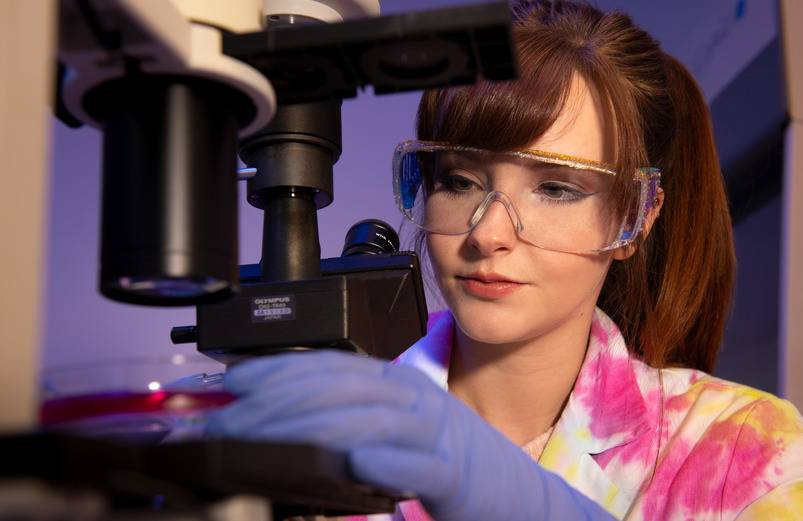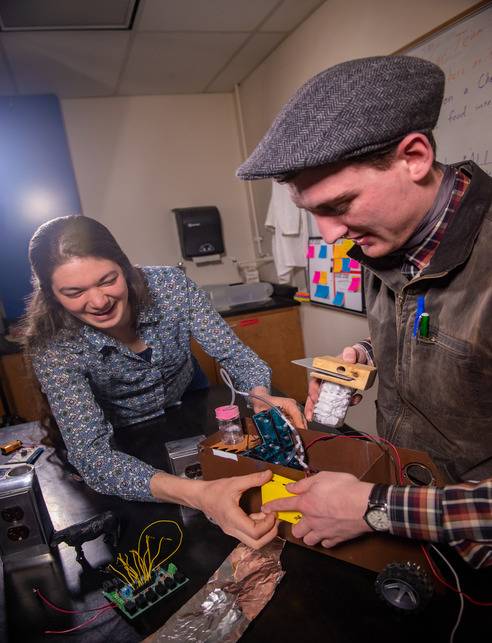Program Information and Resources
Curriculum
The undergraduate chemical engineering curriculum provides a strong foundation in math, science, and core engineering principles, followed by specialized chemical engineering courses. Required coursework is located in the program catalog:
CatalogAdvising
Students in chemical engineering are advised by the professional staff in the CEPS Advsing Center every semester. Advisors assist with scheduling courses, creating an academic plan, exploring electives and minors, and much more!Advising Center
Cost of Attendance, Scholarships, and Financial Aid
Information regarding cost of attendance, scholarships, and financial aid to assist students in the chemical engineering program can be found from the UW Financial Aid Office.
Career Services
Students in chemical and biomedical engineering can receive support from the CEPS Career Services office with internships, job placements, resume reviews, and career guidance tailored to industry and research paths.
Accreditation
The University of Wyoming's Chemical Engineering Program is ABET-accredited, ensuring it meets rigorous standards for engineering education excellence and industry relevance. More information can be found at the link.
Professional Societies
Chemical and biomedical engineering students have many professional societies available to them, including AIChE. These societies offer networking, mentorship, technical workshops, and leadership opportunities.
Special Programs and Minors
Our curriculum is flexible and allows students to add depth and expertise in specific areas through elective coursework, minors, and special programs, including:
Biomedical Engineering Minor – for students interested in applying chemical engineering principles to medical devices, drug delivery, and tissue engineering. This minor prepares students for careers in the biotech and healthcare sectors or for further study in medical or graduate school. Learn More
Process Control and Instrumentation Minor – for students aiming to specialize in automation, control systems, and data analysis within industrial processes. This minor provides valuable technical skills for careers in manufacturing, process optimization, and systems engineering. Learn More
B.S./M.S. QuickStart Program – provides a streamlined path for high-achieving undergraduates to begin graduate coursework during their final year and complete both Bachelor's and Master's degrees in as little as five years. Learn More
Hands-on Opportunities – students have multiple ways to apply classroom learning to real-world engineering challenges, including laboratories, undergraduate research, internships, and more. Learn More



